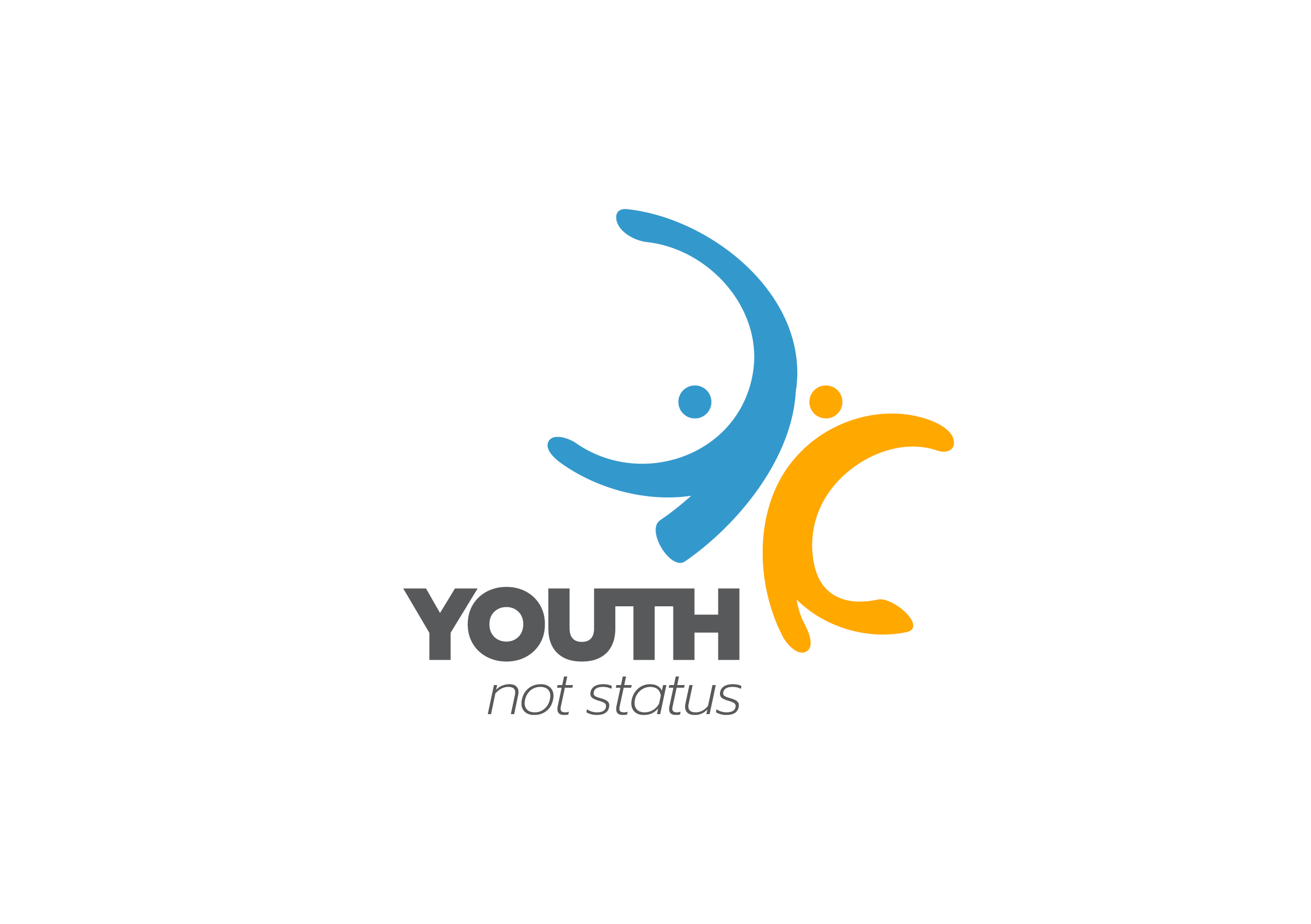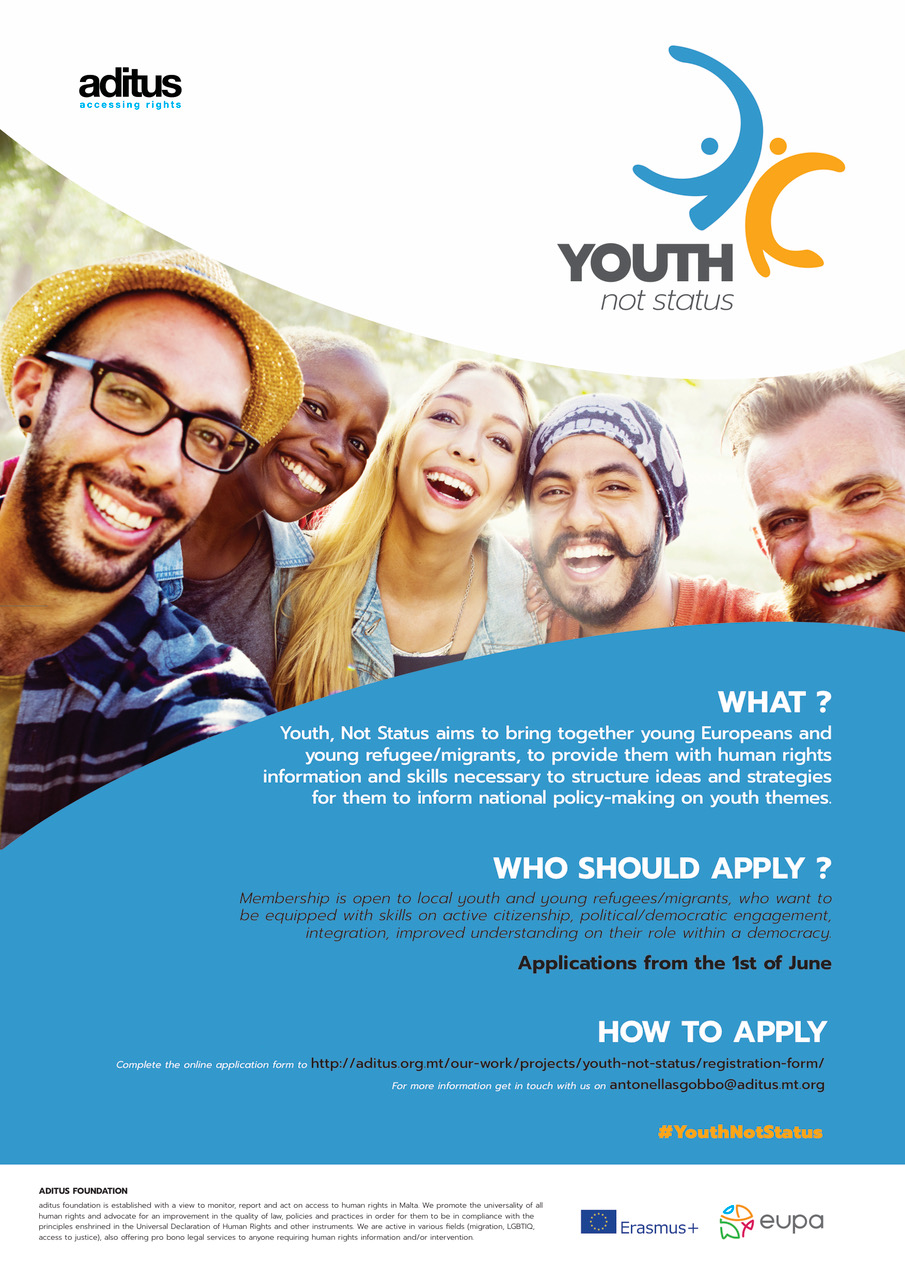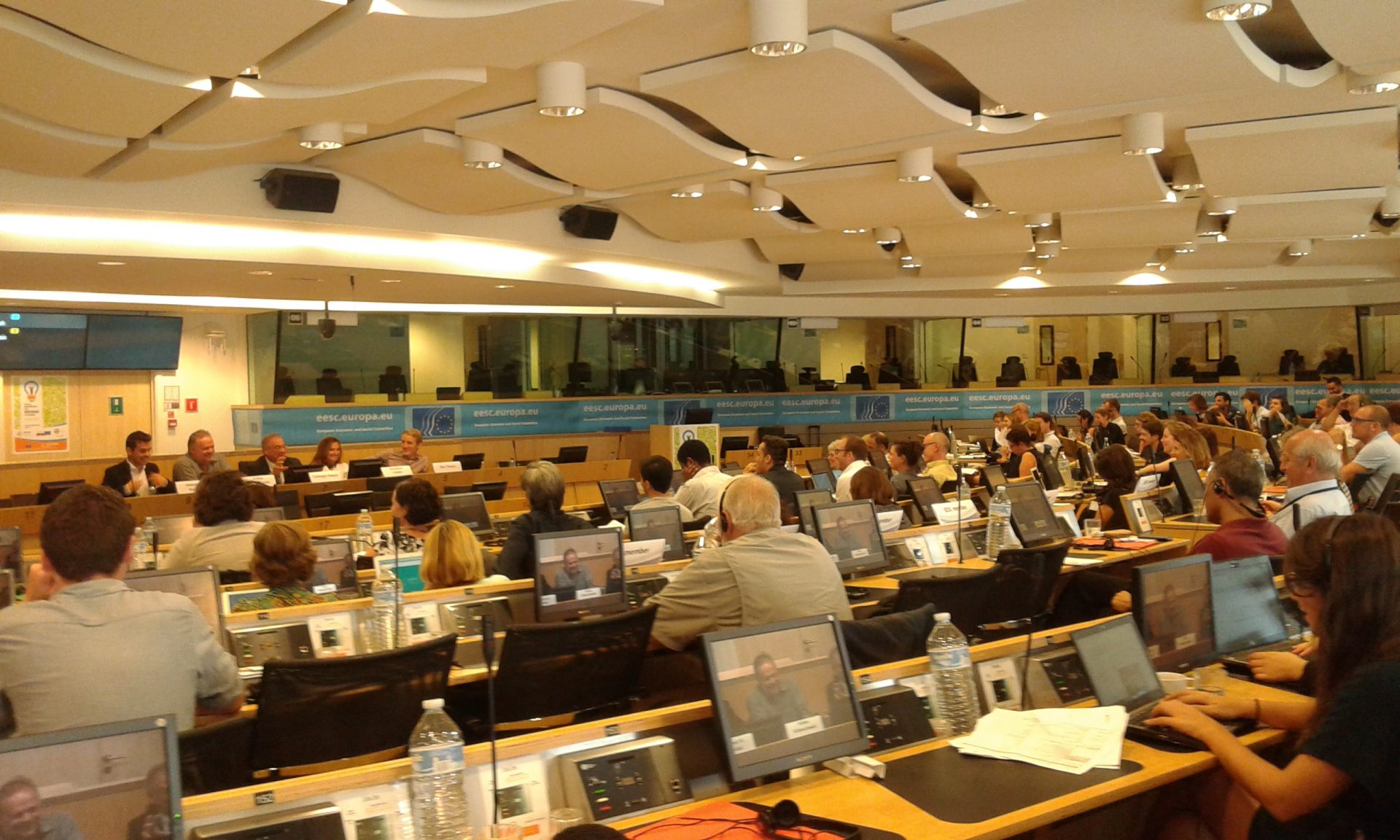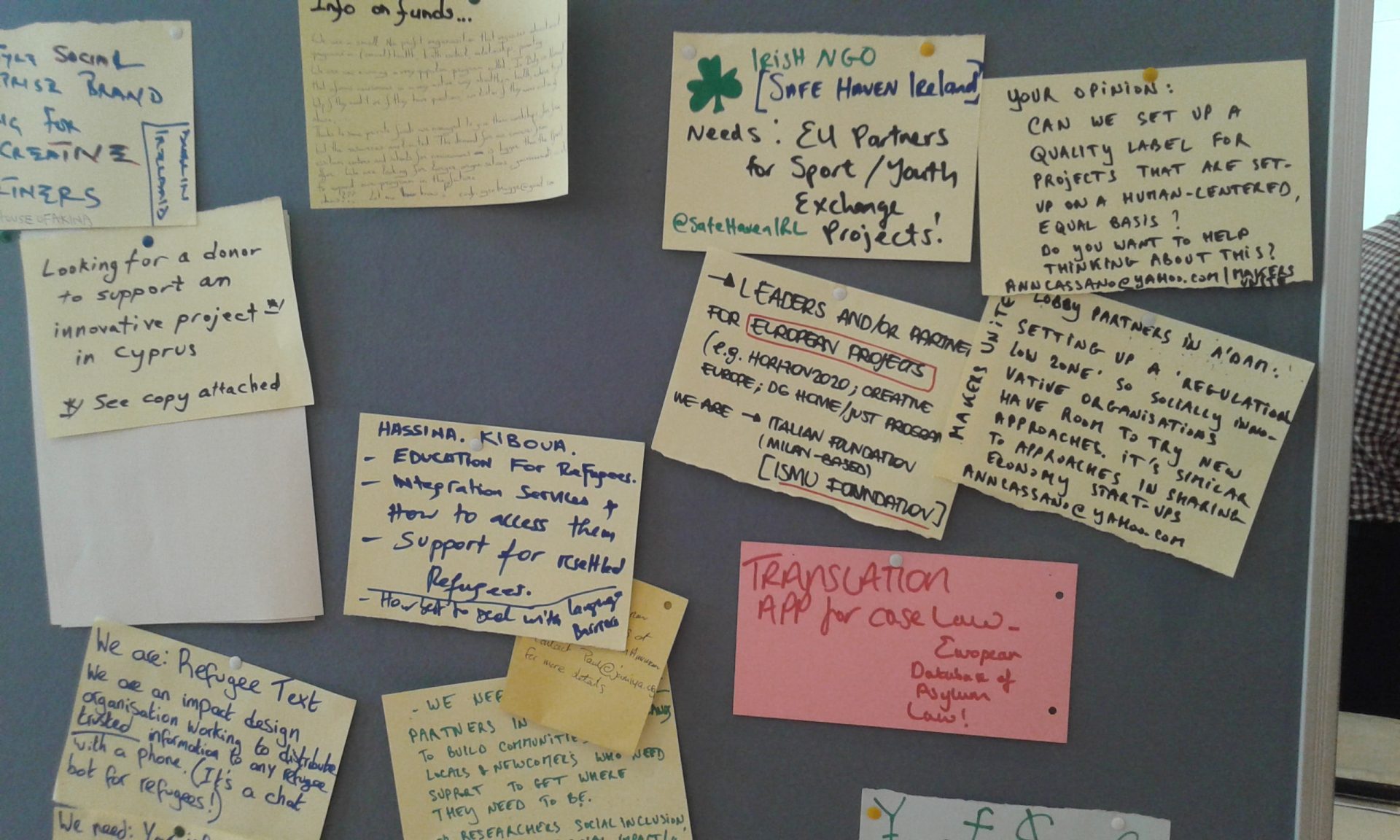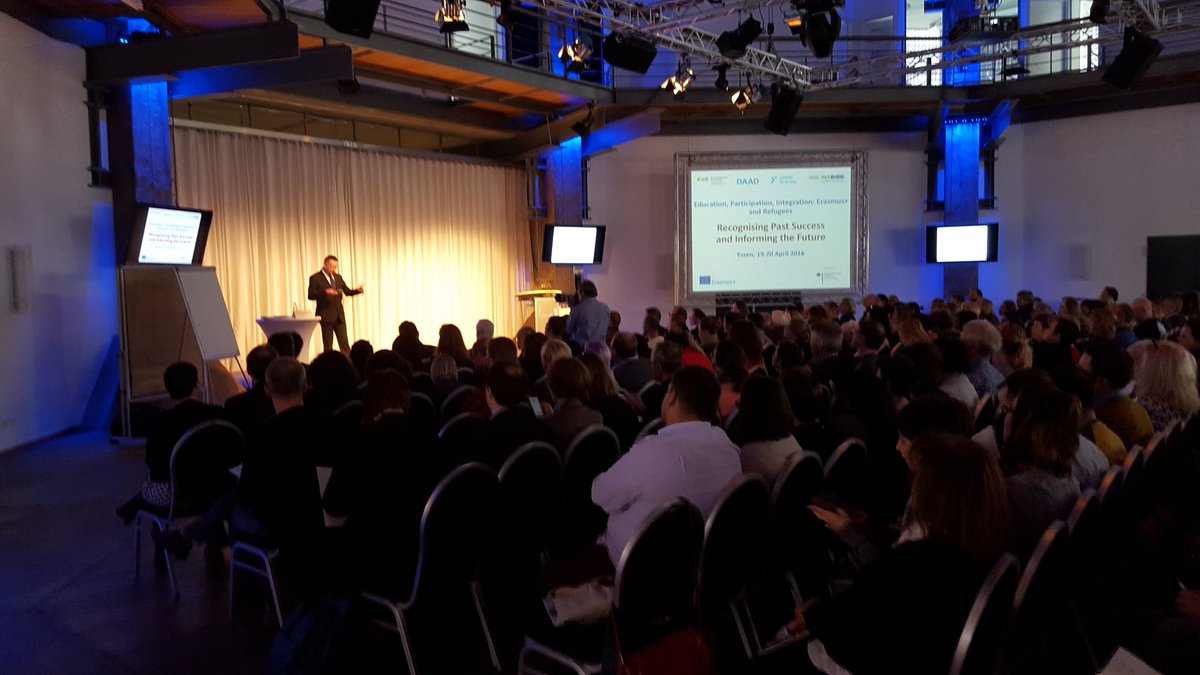Over recent years Malta has become home to men, women and children who, having fled their homes, found shelter here. Living together we have become friends, neighbours and partners. We share day-to-day experiences including grocery shopping, studying, religious celebrations, work and so many more.
By offering them safety and security, Malta has committed to guaranteeing their well-being. By settling here, they have committed to integrating into Maltese society.
Today, to commemorate World Refugee Day 2017, we jointly urge Malta to ensure that its protection of refugees also includes their integration. A truly unified nation is one that succeeds in bringing together all the members of its various communities. By doing so, Malta will benefit from new synergies and social cohesion, where all may be encouraged to play more active and meaningful roles in their local communities, and vulnerable persons would be supported and empowered.
We appreciate the challenges this presents to all persons and entities involved. On the one hand, refugee integration requires Malta to be more understanding and respectful of new ways of life, and to design programmes that ensure specific needs are met and human dignity guaranteed. On the other hand, refugees must cope with the social, cultural, and legal demands of wholly new environments whilst simultaneously dealing with the loss of their loved ones and of their homes.
Our experience, and that of many other nations, shows us that a divisive approach based on exclusion, hatred and prejudice only fosters inequality, poverty and instability. A long-term integration vision that is based on respect for fundamental human rights, the protection of vulnerable persons and inclusive dialogue is the only way to ensure a viable and sustainable future for refugees and all members of Maltese society.
We therefore urge the government to continue its work on formulating a national integration strategy.
In particular, we think it is essential that the strategy goes beyond mere survival but instead explores permanent solutions that lead to true belonging: long-term residence, family reunification, citizenship.
We reiterate our willingness to be involved in discussing this strategy, including through consultations with refugees, to ensure its effectiveness and impact.
We also invite everyone to work towards a united Malta that includes those men, women and children who left everything behind and are making Malta home.
This statement is made jointly by the following organisations:
aditus foundation, African Media Association Malta, Eritrean Community, Ethiopian Community, Foundation for Shelter and Support to Migrants, Integra Foundation, International Association for Refugees, JRS Malta, KOPIN, Malta Emigrants’ Commission, Malta Microfinance, Organisation for Friendship in Diversity, Migrant Women Association Malta, Migrants’ Network for Equality, People for Change Foundation, Solidarity with Migrants Network, Somali Community in Malta, SOS Malta, Spark15, Sudanese Community.

